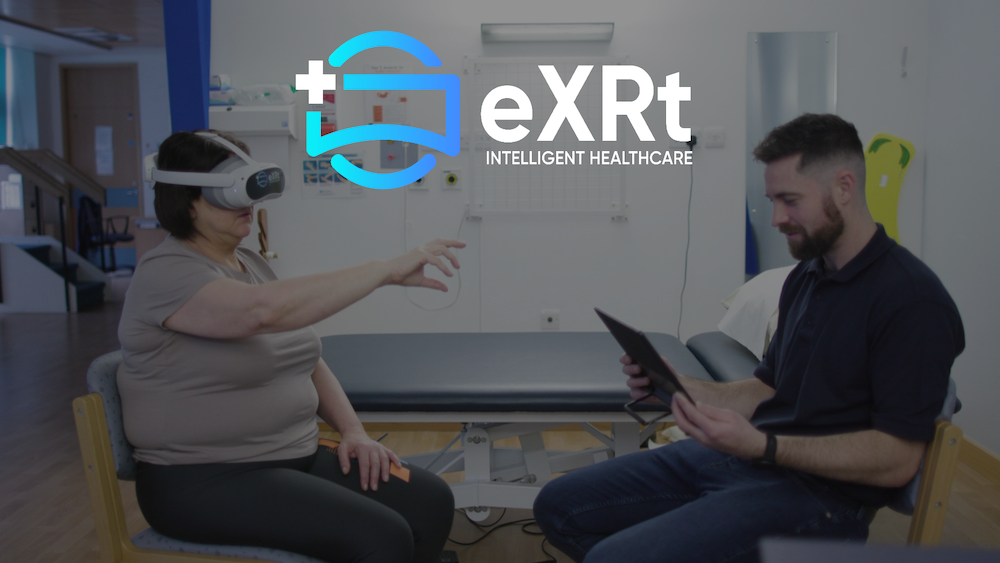Antipsychotic raises stroke risk in dementia patients

Risperidone raises stroke risk without exception in patients with dementia, according to researchers who analysed GP records.
A study of 165,000 patients diagnosed with dementia after the age of 65 between 2004 and 2023 found stroke risk was increased even in those with no history of heart disease or stroke.
Reporting their findings, researchers from Brunel University London said people with dementia who already had cardiovascular disease were at significantly higher risk, and risperidone further increased that risk.
The analysis compared 28,403 risperidone users with 136,324 matched controls.
Risperidone was associated with a 28 per cent increase in stroke risk, the results showed.
This risk appeared substantially higher in those with a prior history of stroke and cardiovascular disease. However, further analysis showed that much of the incidence of stroke was linked to existing medical history rather than risperidone.
The team reported that of the 222 strokes that occurred during treatment with risperidone in patients with a previous stroke, 177 would have happened regardless of whether the drug was taken.
They concluded that “clinicians should be mindful of prescribing a drug that increases stroke risk further in an already at-risk group.”
It was the consistency across all groups that was the striking finding, explained study author Dr Byron Creese from the College of Health, Medicine and Life Sciences at Brunel University London.
“We knew risperidone causes stroke, but we didn’t know whether some groups of people might be more at risk than others.
“We thought if we might identify characteristics that make people more at risk, doctors could avoid prescribing to patients with those characteristics.”
NHS guidelines limit risperidone use to six weeks for severe symptoms, but many patients take it for longer, with monitoring standards varying across the country, he added.
“These findings give clearer information about who is most at risk, which helps everyone make more informed choices,” Creese said.
“Every decision should be based on what is right for each person, through honest conversations between doctors, patients, and families.”
The findings follow a UK study last year which reported that antipsychotic use in patients with dementia is linked with a much wider range of serious harms than previously thought.
Although regulators have issued safety warnings about increased risk of stroke and death, researchers from the University of Manchester found additional risks including pneumonia, venous thromboembolism, heart attack, heart failure, fracture and acute kidney injury.
That research underscored the need for greater caution when prescribing antipsychotics to people with dementia.










